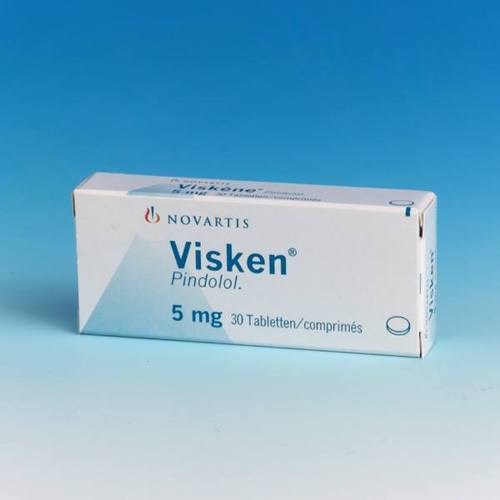Blood Pressure Drug, Pindolol Also Found To Be Able To Ease Anxiety And Reverse Brain Damage Caused By Alcohol Drinking
Source: Thailand Medical News Dec 12, 2019 5 years, 4 months, 2 weeks, 16 hours, 5 minutes ago
Researchers from Queensland University of Technology, Australia (QUT) have discovered that a drug used to treat
high blood pressure may alleviate anxiety induced by long-term heavy alcohol use, and also halt the damage such drinking can cause to the brain’s ability to grow new cells.
The research findings, from a study conducted in adult mice, have been published in the journal
Frontiers in Behavioral Neuroscience.

Professor Dr Selena Bartlett, Principal investigator and QUT neuroscientist, said the results add further evidence that the drug,
pindolol, could be beneficial in treating alcohol use disorders.
Dr Bartlett told
Thailand Medical News, “This is a drug that is inexpensive and already available in the US, Canada, Europe, and Australia. It’s a beta-blocker that is prescribed for high blood pressure, angina and heart arrhythmias. We have been studying it for a number of years and have already shown in animal models that it reduces alcohol intake when there is long-term consumption. In this latest study, we investigated the drug’s effect on other alcohol associated issues anxiety and neurogenesis.
Dr Barlett added, “Long-term and heavy drinking can cause anxiety disorders, and people’s anxiety can worsen when alcohol is withdrawn, and alcohol abuse can also reduce neurogenesis, which is the process by which new neurons cells are formed in the brain. We showed that pindolol reduced alcohol-associated anxiety-like behaviour in mice and also alleviated the damaging effects of alcohol consumption on newly formed and immature brain cells.”
Dr Bartlett said repurposing drugs like
pindolol was a way to fast-track new treatments to manage alcohol dependence, binge-drinking and addiction, which are significant and complex problems both in Australia and globally.
Its estimated that the costs to society of alcohol-related problems in Australia in 2010 was estimated at more than $14 billion, including costs to the health system and lost productivity.
Dr Bartlett further added, “The next step is to conduct clinical trials with
pindolol and we have started discussions with a medical specialist to progress that.”
Other co-investigators with Professor Bartlett in the study are QUT postdoctoral research fellow Dr Arnauld Belmer, Dr Omkar Patkar (previously a QUT research fellow), QUT PhD researcher Kate Beecher, and Dr Angela Jacques, who recently completed her PhD.
Study Findings include the following key points:
-The drug
pindolol reduced the anxiety-like behaviour of mice when alcohol was withdrawn after 12 weeks of binge-like consumption
-Typically two weeks of daily pindolol treatment at the end of 18 weeks’ alcohol consumption restored damage the alcohol caused to new and immature neurons cells in the hippocampus, the primary brain site for new neuron production
-
Pindolol acts on the receptors for serotonin, the &am
p;lsquo;feel-good’ nerve cell chemical and neurotransmitter, and noradrenaline, which is involved in the body’s ‘fight or flight’ response
Reference: Patkar, et al. (2019) Pindolol Rescues Anxiety-Like Behavior and Neurogenic Maladaptations of Long-Term Binge Alcohol Intake in Mice. Front. Behav. Neurosci., DOI: https://doi.org/10.3389/fnbeh.2019.00264
